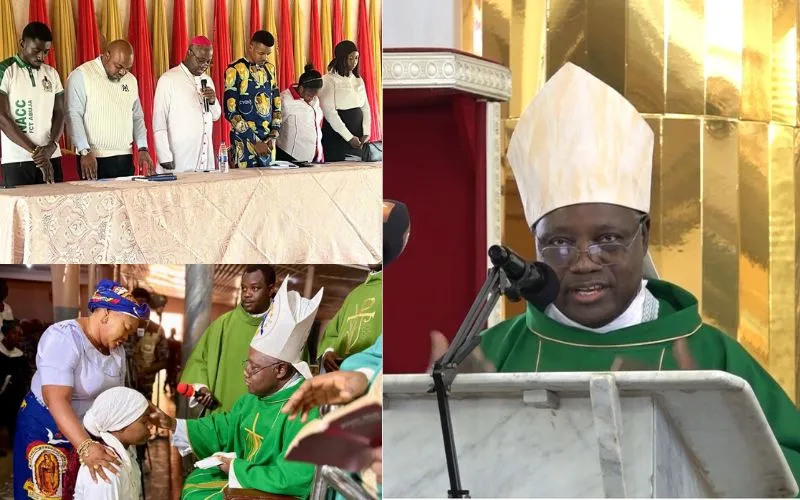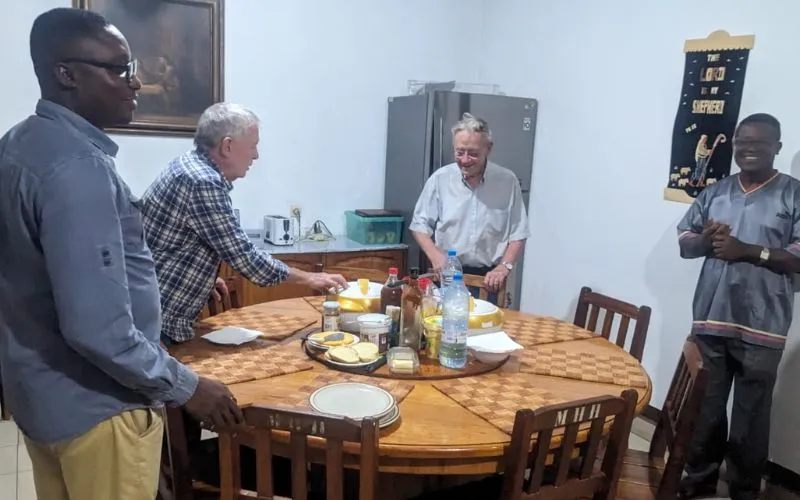Abuja, 02 March, 2025 / 10:13 pm (ACI Africa).
As a time for sacrifice, penance, and deep reflection, this year’s Lenten Season provides an opportunity for self-transformation, Archbishop Ignatius Ayau Kaigama of Nigeria’s Archdiocese of Abuja has said.
In an interview with ACI Africa on February 28, Archbishop Kaigama called upon the people of God to use the 2025 Lenten Season set to begin with Ash Wednesday on March 5 to foster altruism, living love and avoiding hatred and other manifestations of evil tendencies.
“Lent is not as festive as Christmas or Easter; rather, it is a time of sacrifice and penance. It is a period for deep reflection and spiritual renewal,” Archbishop Kaigama said.
He outlined what he described as three key aspects of Lent, namely, personal transformation, care for one’s neighbour, and unwavering trust in God, and explained, “We must begin by transforming ourselves. Let us ask God to help us move from selfishness to self-giving, from hatred to love, and from evil to good.”
The Nigerian Catholic Archbishop further explained, “Once we change from within, we can extend our compassion to others, regardless of tribe or religion. Fasting should not be an empty ritual; it should allow us to save resources to help those in need.”








